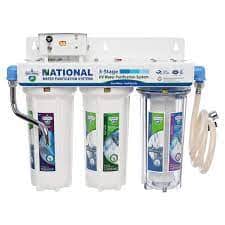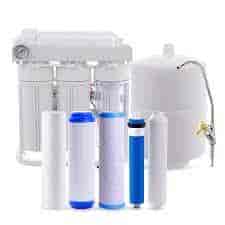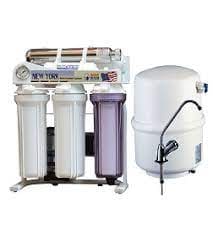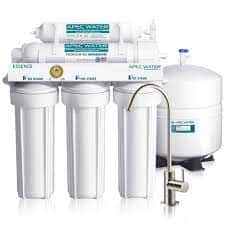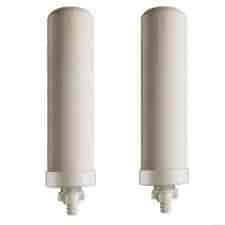National Water Purification Systems
Buy on whatsappDescription
Introduction
In today’s world, access to clean and safe drinking water is of paramount importance. National water purification systems play a crucial role in ensuring the availability of high-quality water for consumption. In this article, we will explore the significance of these systems and delve into the various water treatment technologies and purification methods they employ. Additionally, we will discuss the importance of water filtration systems in maintaining the overall quality of drinking water.
Importance of National Water Purification Systems
National water purification systems are essential for safeguarding public health by providing clean and safe drinking water to the population. These systems are responsible for removing contaminants and impurities from the water, thereby reducing the risk of waterborne diseases. By implementing robust purification processes, national water purification systems ensure that the water supplied to households, businesses, and industries meets stringent quality standards.
Water Treatment Technologies
To achieve effective water purification, various technologies are employed by national water purification systems. Some of the commonly used technologies include:
- Reverse Osmosis (RO): This technology uses a semipermeable membrane to remove dissolved solids, impurities, and contaminants from the water. It is particularly effective in removing heavy metals, chemicals, and microorganisms.
- UV Disinfection: Ultraviolet (UV) light is utilized to disinfect the water by deactivating or destroying harmful microorganisms such as bacteria and viruses. UV disinfection is a chemical-free method and doesn’t alter the taste or odor of water.
- Activated Carbon Filtration: Activated carbon filters are widely employed to remove organic compounds, chlorine, and some heavy metals from the water. They are effective in improving taste and reducing odors.
- Ion Exchange: Ion exchange technology is used to remove hardness-causing minerals like calcium and magnesium ions from the water. It replaces these minerals with sodium or potassium ions, resulting in softened water.
Purification Methods
National water purification systems utilize multiple purification methods to ensure comprehensive treatment of water. Some common purification methods include:
- Coagulation and Flocculation: These processes involve adding coagulants and flocculants to the water, which help in the clumping together of suspended particles. This facilitates their removal during subsequent filtration stages.
- Sedimentation: Sedimentation is the process where the water is allowed to stand undisturbed, enabling the settling of heavier particles and sediments at the bottom of the water treatment tanks.
- Filtration: Filtration is a crucial step in the purification process. It involves passing the water through various filtration media, such as sand, gravel, or activated carbon, to remove remaining suspended particles, bacteria, and other contaminants.
- Disinfection: After filtration, disinfection is carried out to eliminate any remaining pathogens and microorganisms that might be present in the water. Common disinfection methods include chlorination, UV disinfection, and ozonation.
Role of Water Filtration Systems
Water filtration systems are integral components of national water purification systems. They provide an additional layer of protection by effectively removing impurities and contaminants from the water. These systems ensure that the treated water meets the desired quality standards by eliminating any remaining suspended particles, bacteria, viruses, and harmful chemicals. Water filtration systems come in various forms, including point-of-entry systems that treat water for the entire household and point-of-use systems that provide filtered water at specific outlets.
Conclusion
National water purification systems play a crucial role in providing clean and safe drinking water to the population. By employing various water treatment technologies and purification methods, these systems effectively remove impurities and contaminants, ensuring that the water meets stringent quality standards. Additionally, water filtration systems further enhance the overall quality of drinking water by eliminating any remaining particles and harmful substances. It is essential to recognize the significance of national water purification systems and support their continuous development and maintenance to safeguard public health and promote a healthier society.

